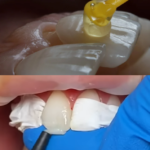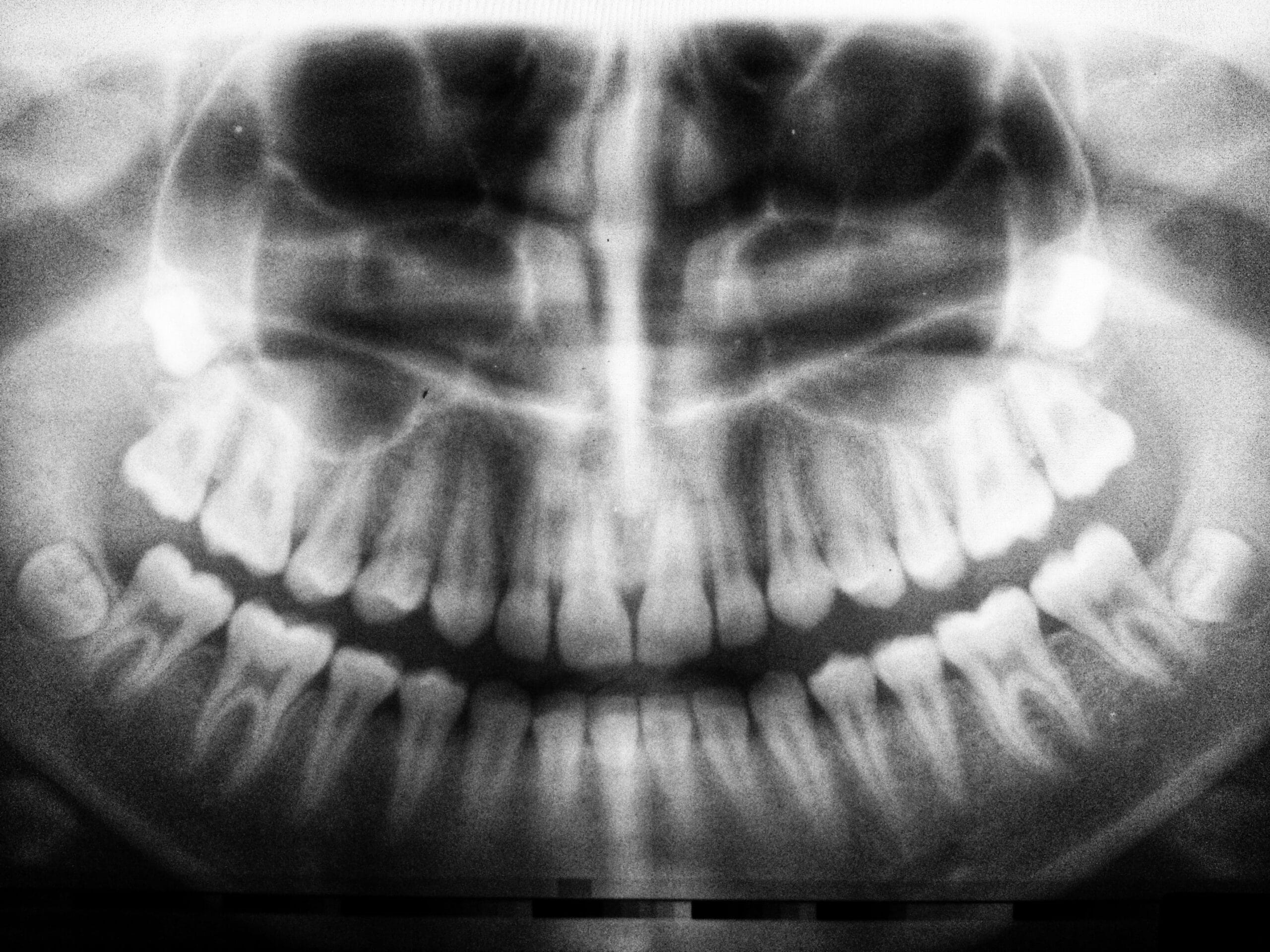Smoking is a habit that has numerous detrimental effects on overall health, and one area that is significantly impacted is oral health. The chemicals present in tobacco products can cause severe damage to teeth and gums, leading to a variety of oral health issues.
1. Stained Teeth
One of the most noticeable effects of smoking on teeth is staining. The tar and nicotine in cigarettes can cause yellow or brown discoloration of the teeth. This staining is not only unsightly but also difficult to remove, even with regular brushing and professional cleanings.
2. Gum Disease
Smoking weakens the immune system, making it harder for the body to fight off infections, including gum disease. The chemicals in tobacco products irritate the gums, leading to inflammation and an increased risk of periodontal disease. Smokers are more likely to experience gum recession, tooth loss, and bone damage.
3. Bad Breath
Smoking causes persistent bad breath, also known as halitosis. The chemicals and toxins in tobacco products can linger in the mouth, throat, and lungs, producing an unpleasant odor that is difficult to mask with mouthwash or breath mints.
4. Delayed Healing
Smoking impairs the body’s ability to heal, including oral wounds. After dental procedures such as extractions or implants, smokers may experience delayed healing, increased pain, and a higher risk of complications.
5. Oral Cancer
Perhaps the most serious consequence of smoking on oral health is the increased risk of oral cancer. Smokers are six times more likely to develop oral cancer compared to non-smokers. This includes cancers of the lips, tongue, throat, and esophagus.
It is important to note that quitting smoking can significantly improve oral health. The sooner one quits, the better chance they have of reducing the damage caused by smoking. Regular dental check-ups, good oral hygiene practices, and a tobacco-free lifestyle are essential for maintaining optimal oral health.





